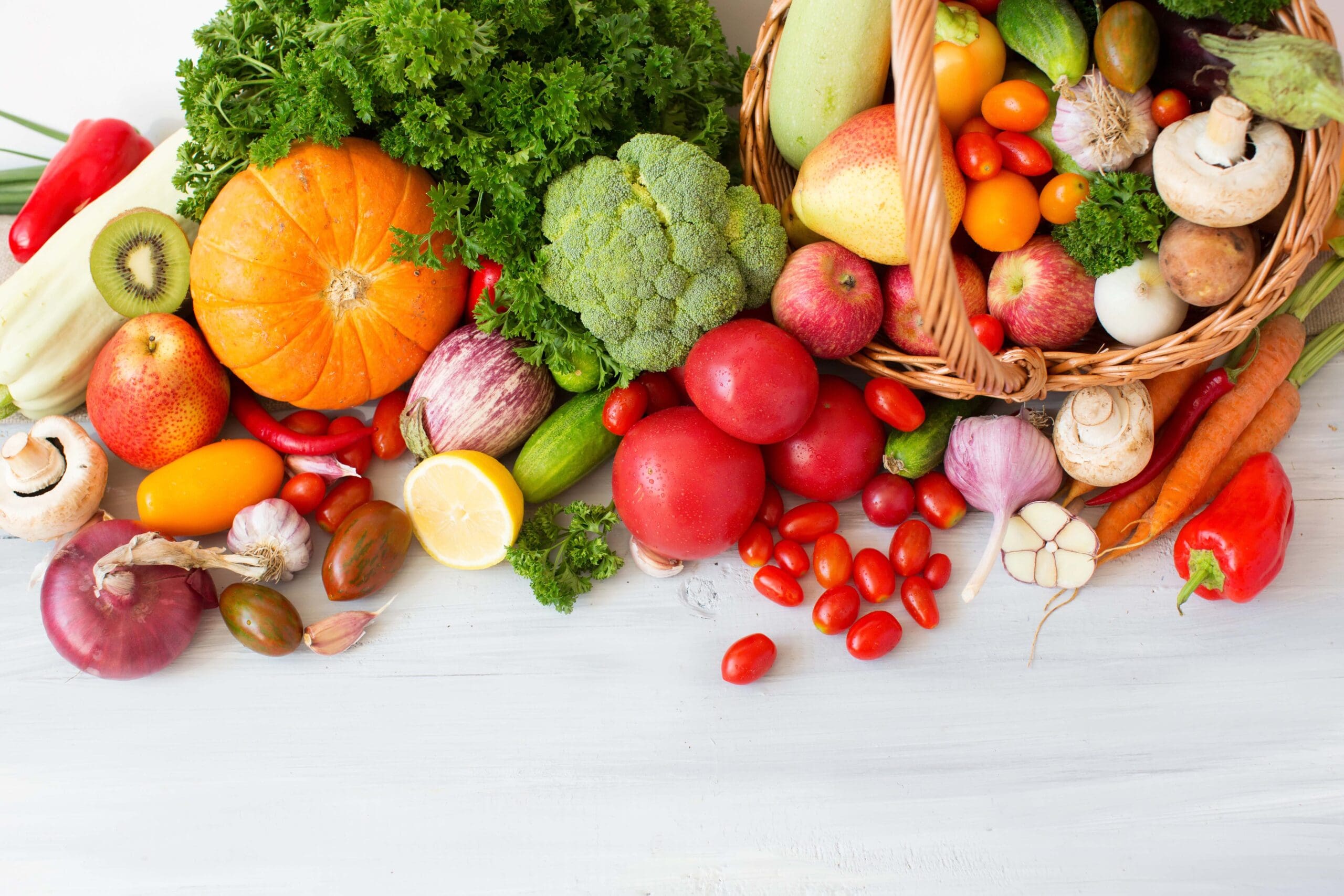A groundbreaking study has revealed eating vegetables may significantly reduce your risk of insulin resistance.

In the first study of its kind published by the Dietitians Association of Australia, research has uncovered that natural chemicals in vegetables cut your risk of insulin resistance. Carotenoids are naturally occurring phytochemicals found in vegetables and have been found to halve the risk of insulin resistance in adults, a major risk factor for some of the country’s biggest killers.
The recent study tracked the eating habits of 938 men and women over three years and compared their intake of carotenoids to their risk of insulin resistance. Results revealed those who consumed the most phytochemicals (found in many vegies such as spinach, carrots, red capsicum and pumpkin) had a 49-58% lower risk of insulin resistance compared to those who ate the least.
As explained by Duane Mellor, spokesperson for the Dieticians Association of Australia, “insulin is a hormone and is vital in helping our bodies use glucose (sugars) from the foods we eat.” Insulin resistance limits the body’s ability to utilise sugars as energy, leading to high blood sugar levels and the risk of conditions such as type II diabetes, Australia’s fastest growing chronic disease.
The effectiveness of carotenoids in preventing insulin resistance can be explained by their antioxidant properties. “In simple terms they (antioxidants) help our bodies deal with the stress of metabolism by making blood vessels ‘more bouncy’ and our liver more able to deal with what life throws at it,” said Dr Mellor.
This research confirms the Australian Dietary Guidelines which recommends Australians eat a minimum of 5 serves of vegetables each day. Currently, only 7% of the nation consumes the recommended daily intake and a simple increase in vegetable consumption is an easy way to help avoid devastating diseases like type II diabetes, heart disease, metabolic syndrome and even some types of cancers.

Simple tips to increase your daily vegetable intake:
- Get a great start to the day by adding some veggies to your breakfast- try some avocado, tomato and mushrooms on toast or add spinach, cucumber or celery to your morning smoothie
- Bulk up dishes like soups, casseroles and sauces by adding an abundance of vegetables like grated carrot, zucchini and capsicum
- Legumes (like chickpeas and kidney beans) also count towards you daily vegie quota- add some beans to your lunchtime salad or wrap, or enjoy some warming baked beans on toast for breakfast
- Snack on raw vegetables between meals- carrot, celery and cucumber sticks are delicious with dips like hummus, salsa or homemade guacamole



